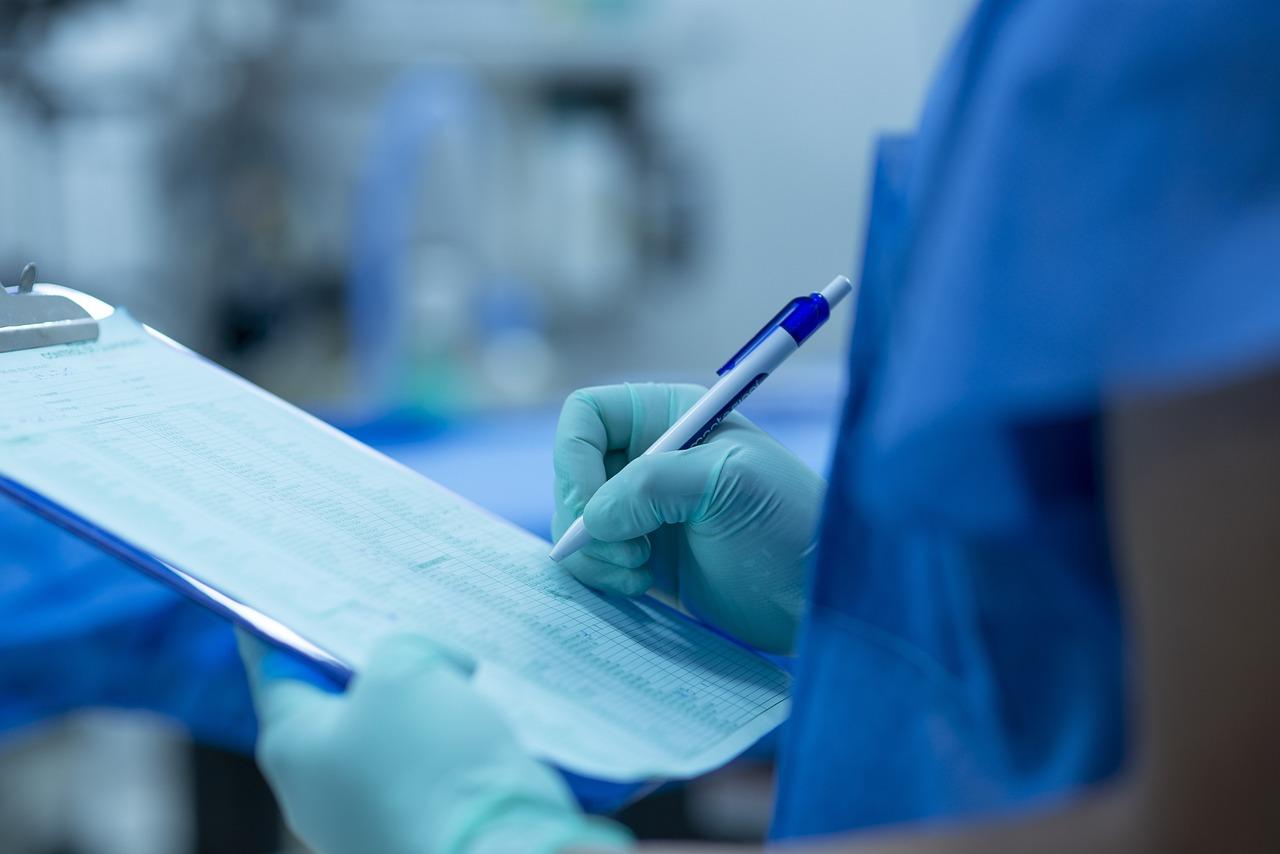The Second Worst Thing About Rotator Cuff Surgery
While rotator cuff surgery is essential for many people suffering from shoulder pain, the recovery process can sometimes present significant challenges. One of the most common issues patients face is post-surgery pain and discomfort. This blog will explore how to manage and mitigate these issues for a smoother recovery.

Related Blogs
While rotator cuff surgery is essential for many people suffering from shoulder pain, the recovery process can sometimes present significant challenges. One of the most common issues patients face is post-surgery pain and discomfort. This blog will explore how to manage and mitigate these issues for a smoother recovery.
Understanding Rotator Cuff Surgery
Rotator cuff surgery aims to repair torn or damaged tendons in the shoulder, restoring function and reducing pain. However, post-surgery pain and discomfort are common, often due to inflammation and the body’s healing process.
i. Statistical Information
Prevalence of Post-Surgery Pain:
Up to 70% of patients report significant pain in the first week post-surgery.
Chronic Pain Risks:
Around 20% of patients may experience chronic shoulder pain if not properly managed.
Importance of Pain Management:
Effective pain management can significantly improve recovery outcomes.
ii. Concept Information
Pain Sources:
Pain can originate from the surgical site, inflammation, or muscle stiffness.
Pain Management Goals:
The aim is to reduce pain to a manageable level, enabling patients to engage in necessary physical therapy and daily activities.
Managing Post-Surgery Pain
1. Medication:
Follow your doctor’s prescription for pain management strictly. This might include NSAIDs, acetaminophen, or opioids.
2. Ice Therapy:
Applying ice packs can help reduce swelling and numb the surgical area, providing relief.
3. Physical Therapy:
Engaging in gentle physical therapy exercises can help reduce stiffness and improve mobility, although it may be uncomfortable initially.
Tips to Avoid Severe Discomfort
1. Stay Ahead of the Pain:
Take your pain medication at regular intervals as prescribed, rather than waiting for the pain to become severe.
2. Ice Regularly:
Use ice packs for 20-minute intervals several times a day during the initial recovery period.
3. Follow Your Therapy Plan:
Consistently perform the physical therapy exercises recommended by your therapist, even if they cause some discomfort.
Practical Advice for a Comfortable Recovery
1. Create a Restful Environment:
Arrange your home to minimize movement and strain on your shoulder. Have a comfortable chair and keep essentials within easy reach.
2. Sleep Smart:
Use pillows to prop up your shoulder and maintain a comfortable sleeping position.
3. Hydration and Nutrition:
Staying hydrated and eating a balanced diet can support your body’s healing process.
Visual Information: Designing Your Recovery Space
Comfortable Seating:
Invest in a good recliner or ergonomic chair that supports your back and shoulder.
Accessibility:
Place frequently used items (remote control, water bottle, medications) within arm’s reach to avoid unnecessary movements.
Sleeping Arrangements:
Use pillows or a wedge pillow to support your shoulder and help you sleep comfortably.
Conclusion
While managing post-surgery pain can be challenging, proper preparation and adherence to your pain management plan can make a significant difference. By understanding the sources of pain and taking proactive steps to mitigate it, you can avoid severe discomfort and ensure a smoother, more comfortable recovery.
Contact Us
Whether you have a question about features, pricing, or anything else, our team is ready to answer all your questions. Reach out to us via the form below, or contact us directly through our provided contact options.
Call Us
Have a question or need assistance? Reach out to our support team via phone. We are here to help with any inquiries you may have.
614-ROTATES
Visit Us
Stop by our office for a face-to-face consultation from 9:00 am to 5:00 pm. We are located in the heart of the city, and we would love to meet you.
13203 SE 172nd Ave, Suite 166 Happy Valley, OR 97086
Email Us
Prefer to write? Send us an email with your questions or comments, and we will get back to you as soon as possible.
support@rotatorcuffsurgery.org
Full Name
Email Address
Phone Number
Message